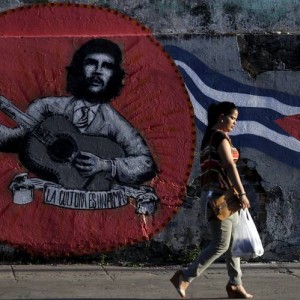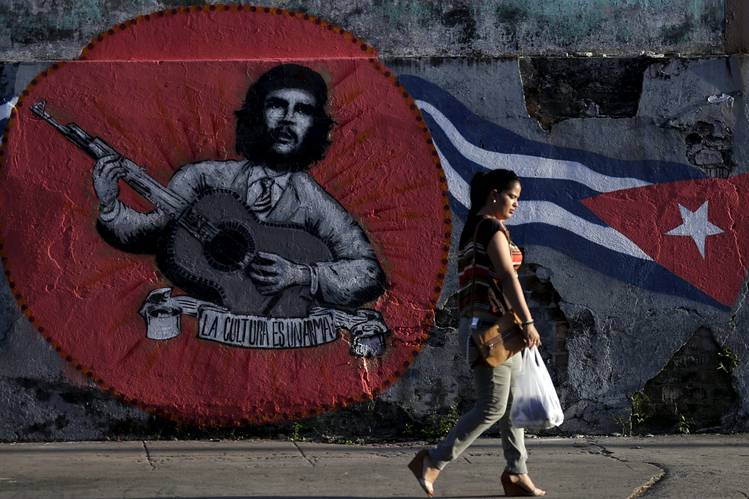 The Obama administration took another major step toward normalized relations with Cuba when it announced May 31 that it was removing the country from the U.S. list of state sponsors of terrorism.
The Obama administration took another major step toward normalized relations with Cuba when it announced May 31 that it was removing the country from the U.S. list of state sponsors of terrorism.
Much like the administration’s Dec. 17 announcement to normalize relations with Cuba, including travel and commerce, the move comes by way of an executive order and doesn’t do away with the 55-year-old U.S. embargo on the island nation. Still, the move represents increased progress in President Obama’s hope of thawing tensions between the countries and is quite significant in that it clears another major hurdle toward restoring formal diplomatic ties between Washington and Havana.
Cuba has been on the list since 1982 when the government was backing leftist insurgencies, but the country has long viewed its presence on the list as a blemish to its reputation and a major obstacle to normalization. It was also a practical hindrance in that it cut the country off from U.S. banks.
Last year, at the behest of President Obama, the State Department conducted a review and concluded that Cuba no longer belonged on the list, which is an important, if not a crucial step in building a relationship between the countries.
Although the action taken was not difficult in terms of execution, it was timely because negotiations between American and Cuban officials had failed to reach an accord on re-establishing diplomatic relations and opening embassies.
While some pundits predict a U.S. Embassy in Havana in a period of months, the timing of official embassies in each country is a little difficult to predict because there are those in Congress who have sworn to oppose that step through legislative means, e.g. by denying funds needed to run a U.S. Embassy.
It is important to note however that the United States already has an “Interests Section” in Cuba that is staffed by more than 300 people doing much of what an actual embassy would do. This U.S. Interests Section has existed for decades. Cuba has its own an Interests Section in the United States as well so opening embassies would take little more than new signage.
On an optimistic note, Republicans in Congress could have taken steps to oppose the removal of Cuba from the list, which is now confined to Iran, Syria and Sudan, but did not. That could be a harbinger of what is to come if and when the embassy negotiations are completed, in which case we could expect the embassies to be officially opened within the next few months.
 Lawrence W. Diamond is a partner in the New Jersey office of Duane Morris LLP and practices in the areas of environmental law and litigation, including internal corporate investigations. His substantively and geographically diverse environmental practice, which extends over 35 years and across many states and federal districts, has encompassed the defense of numerous enforcement proceedings and ongoing advice to clients as to their rights and obligations relating to compliance and permitting issues as well as business transactions.
Lawrence W. Diamond is a partner in the New Jersey office of Duane Morris LLP and practices in the areas of environmental law and litigation, including internal corporate investigations. His substantively and geographically diverse environmental practice, which extends over 35 years and across many states and federal districts, has encompassed the defense of numerous enforcement proceedings and ongoing advice to clients as to their rights and obligations relating to compliance and permitting issues as well as business transactions.







